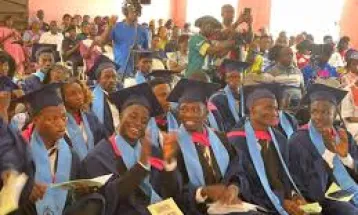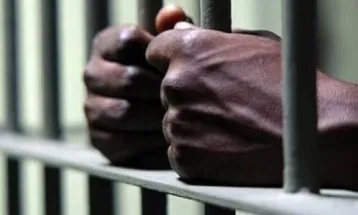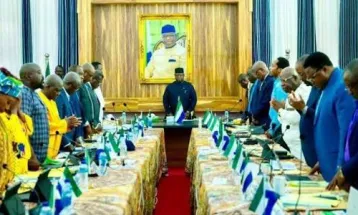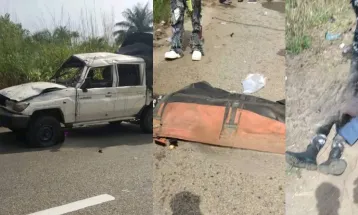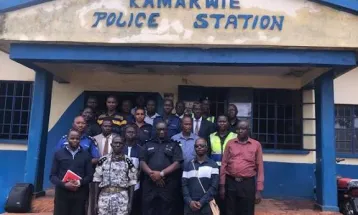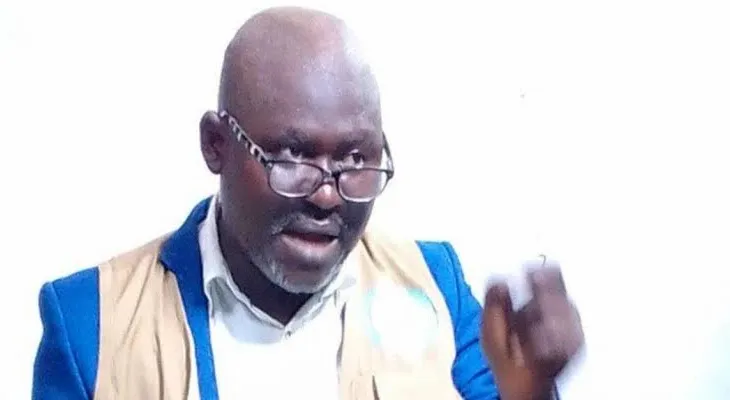
Joseph Sannoh’s Response to Allegations of Examination Malpractice: A Detailed Account
Joseph Sannoh, a prominent Civil Rights Activist, found himself at the center of controversy as allegations of his involvement in examination malpractice during his pursuit of a Masters degree at Njala University surfaced. The accusations stirred a heated debate, prompting Sannoh to address the issue publicly.
In a candid interview on the Hot Seat program at AYV, Sannoh vehemently refuted the allegations, challenging his accusers to provide concrete evidence to support their claims. He stood firm in defense of the integrity of his degree, emphasizing that he had diligently attended classes, successfully completed exams, dedicated time to his dissertation, and invested two years of rigorous academic pursuit to earn his qualification.
Sannoh, visibly perturbed by the accusations, urged Sierra Leoneans to refrain from baseless finger-pointing and instead adhere to the constitutional principle of presumption of innocence until proven guilty, citing section 23(4) of the Constitution. His impassioned plea resonated with many who echoed the sentiment of withholding judgment in the absence of substantial evidence.
Amidst the public scrutiny, Sannoh's response served as a reminder of the importance of due process and the presumption of innocence, fundamental pillars of justice. His unwavering stance on the matter underscored the gravity of the allegations and the potential repercussions on his reputation and credibility as a civil rights advocate.
As the controversy unfolded, Sierra Leoneans were left grappling with the implications of the allegations and the broader issue of academic integrity. Sannoh's case sparked discussions on the prevalence of examination malpractice and the need for robust mechanisms to safeguard the sanctity of academic qualifications.
In the wake of Sannoh's response, the public discourse shifted towards a nuanced examination of the evidence, highlighting the complexities surrounding the investigation and the challenges inherent in adjudicating such matters. The episode served as a cautionary tale, prompting introspection on the ethical conduct of individuals and institutions alike.
In conclusion, Joseph Sannoh's impassioned response to allegations of examination malpractice epitomized his unwavering commitment to truth and justice. As the controversy unfolded, it catalyzed a broader conversation on the importance of upholding academic integrity and the principles of fairness and due process in society.



